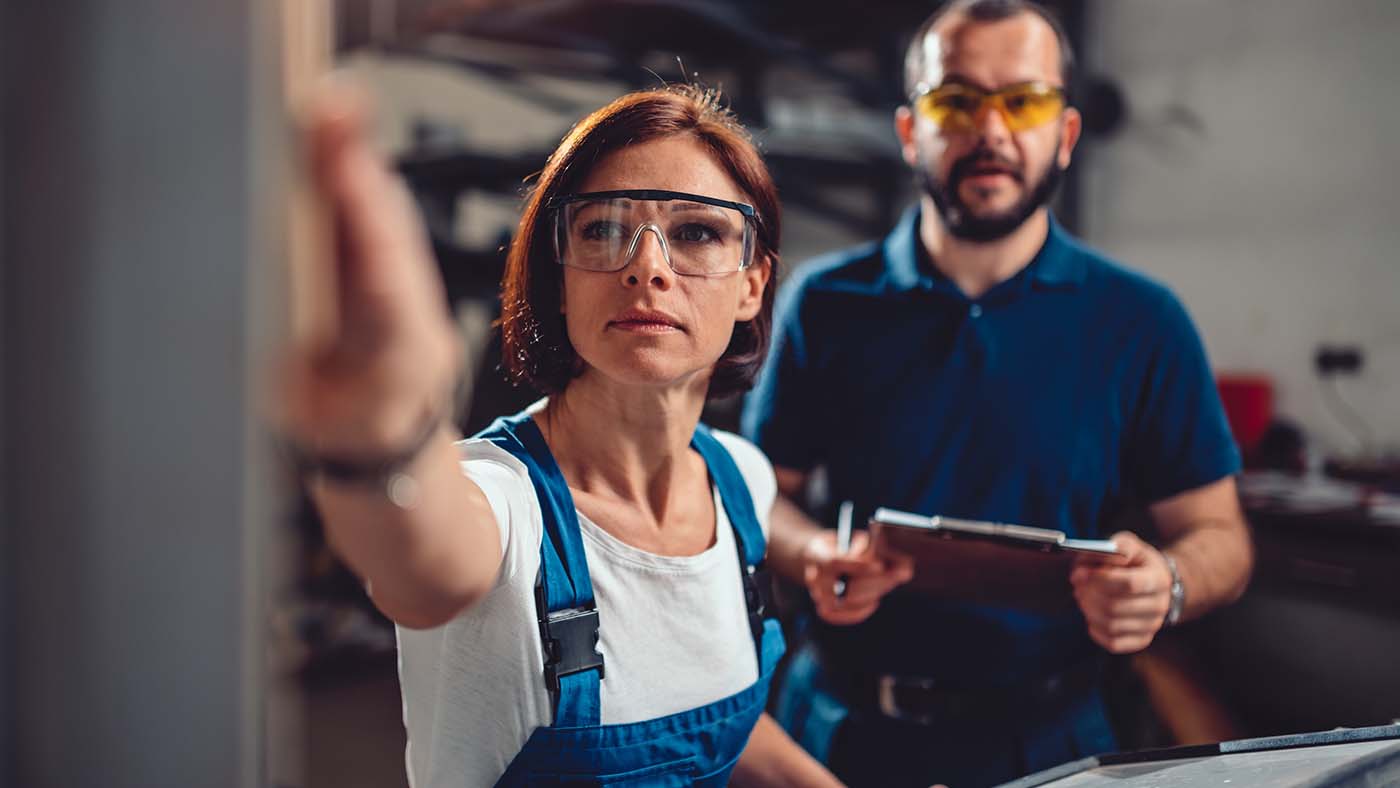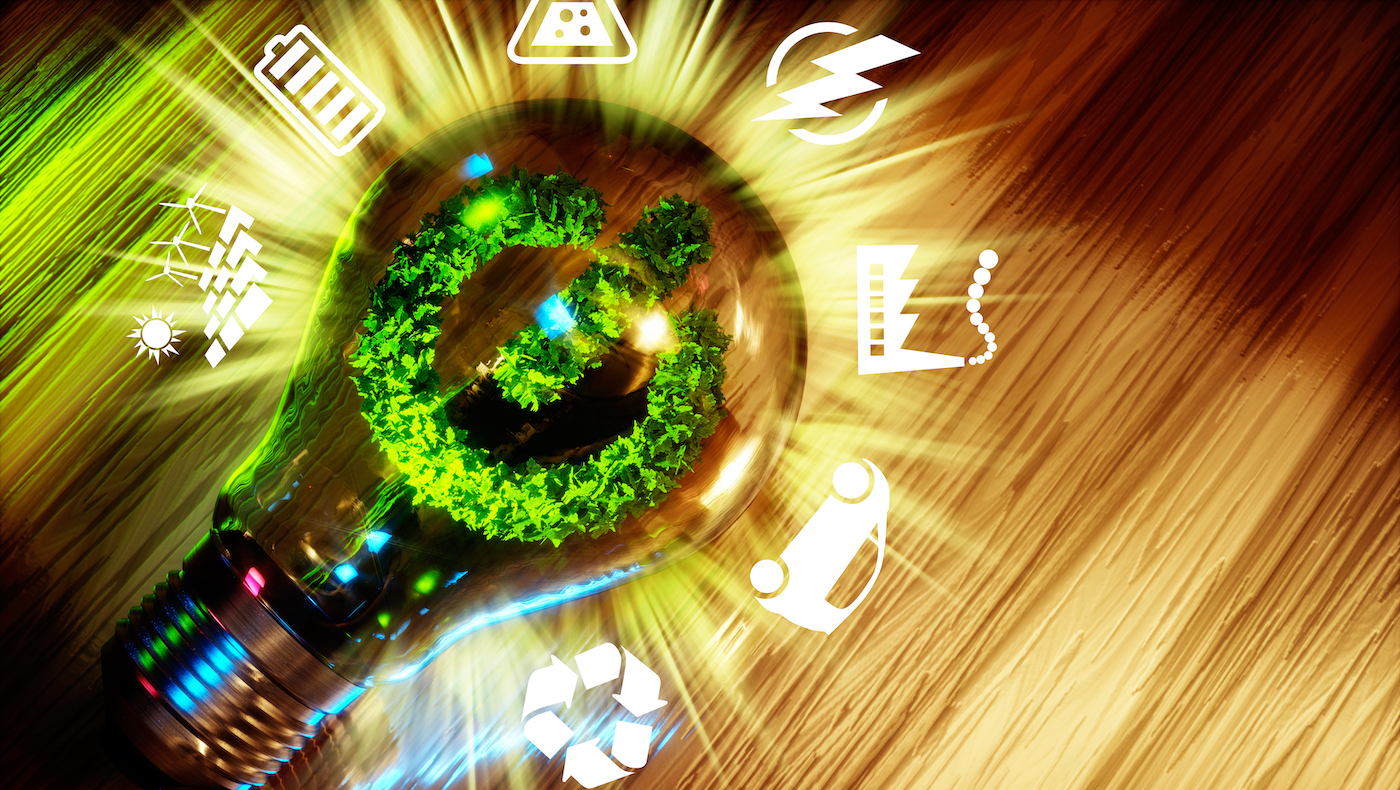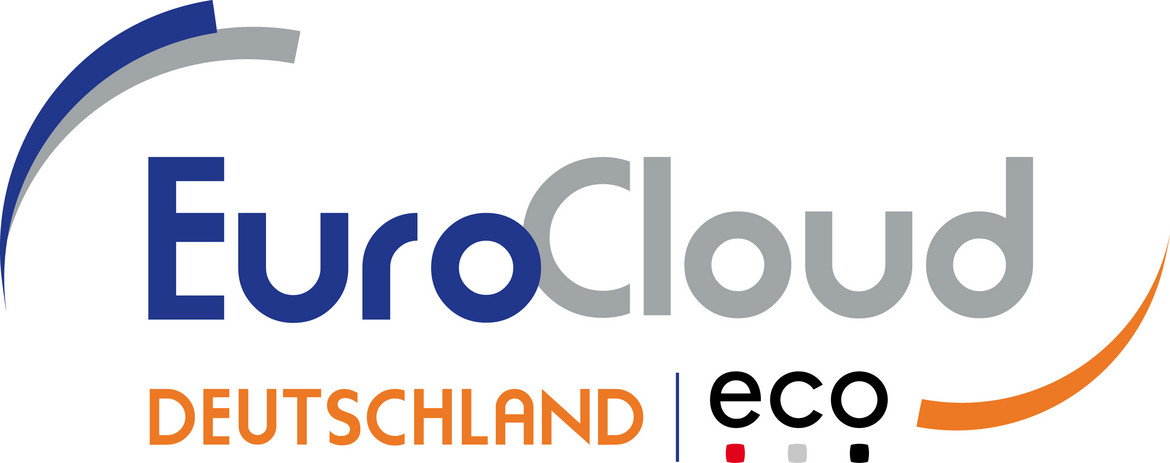From AI to the circular economy: How digital technologies redefine sustainable value creation
How artificial intelligence, data and Gaia-X are weeding, securing harvests and implementing the circular economy. Nils Klute reports.

© bgton| istockphoto.com
Suddenly the water was there. The flood disaster in the Ahr valley in the summer of 2021 has remained in Germany’s memory. Not only because it has claimed lives and changed an entire region but also because everyone could have known better: Weather services warned in advance, informed town halls and local fire brigades about the possibly dangerous water levels. The consequences can be seen today throughout the wine-growing region in the west of Germany.
The SPELL project is working on how such dangers can be better recognized and averted. Whether global pandemics, widespread power outages or large-scale flooding like in the summer of 2021 – artificial intelligence (AI) and data are to be used by fire brigades, hospitals, authorities and coordination centres to get a better grip on major incidents. “Actions should be able to be coordinated digitally to get help exactly where it is needed most,” said Alexander Firyn of SPELL. In August 2022, numerous projects which leverage sustainable value creation presented their work at the Digital Technologies Days organized by the German Federal Ministry for Economic Affairs and Climate Action (BMWK). A few of these projects are highlighted here.
AI weeds, secures harvests and keeps fields moist
AI and data as saviours in times of need: this is how agriculture should work with technology. Agri-Gaia wants to revolutionize the way farmers cultivate their fields. To this end, the project integrates data from different sources, provides algorithms and makes both interchangeable in a standardized way. What are the advantages? “Farmers no longer fertilize per field, but per plant,” said Prof. Oliver Zielinski of Agri-Gaia. What conserves resources also protects the environment and groundwater. Weeds can also be weeded better with AI. Instead of completely digging up fields, intelligent algorithms steer ploughs exactly to where they are needed. “If the crust remains intact, soils dry out more slowly,” Zielinski said. A fact that secures harvests in increasingly hot summers with less and less rain. Fifty percent of Germany’s land is arable land.
Robots learn from each other: Exchange AI models instead of data
Achieving more with fewer resources – which still too often slows down the smart products and intelligent services needed for this: “Missing data,” said Prof. Wolfgang Maaß of QUASIM and SPAICER. “Until now, information has flowed only hesitantly, even between long-standing business partners in established value creation networks”. FLAIROP shows how this can be solved: In the project, so-called pick-and-place robots learn how to safely recognize and robustly grasp known or unknown objects. Whether boxes, plastic bags or loosely packed individual parts – in order for the mechanical helpers to succeed faster and better, the German-Canadian consortium shares trained AI models via federated learning instead of data. “The robots exchange their know-how across the board,” said Jan R. Seyler of FLAIROP: “And that’s to learn not only from their own experience, but from the knowledge of other robots.” Self-learning and self-optimizing algorithms make it possible.
AI makes weather forecasts more precise and exploits renewable energy potentials
What smart digital technologies make possible beyond that: They make life greener by improving weather forecasts, for example. “Forecasts that are important in order to optimally exploit the potential of renewable energies,” said Prof. Roland Potthast from CONTRAILS. The project aims to develop AI methods and physical models to better predict high clouds and contrails. Because: “Air traffic has an impact on the climate. Those who better understand the connections can make weather forecasts more precise and optimize flight routes.
What smart digital technologies, on the other hand, have not yet succeeded in doing: “Anyone who, like me, has had to file a property tax return recently knows how time-consuming it can be,” said Michael Kellner, Parliamentary State Secretary at the German Federal Ministry for Economic Affairs and Climate Action (BMWK). Most of the necessary data is available in city offices and ministries. “But we still have to ask the citizens to collect them for us by hand. What is missing are digital identities, which – like the German ELSTER certificate for tax returns – help with such requests and allow information to flow electronically.
Circular economy with Gaia-X: Promote recycling and manufacture more sustainably
Managing emergencies, training robots, securing harvests and reducing administrative burdens – when data flows securely, confidently, transparently and sovereignly on an industrial scale, digital technologies can actually do much more than all of this. Gaia-X will unharness not only economic effects but also ecological ones. “The distributed and connected data infrastructure makes the circular economy real,” said Dr Susanne Guth-Orlowski of IDunion. To this end, consortium partner Spherity has developed a solution that can be used, for example, to align the battery market with the circular economy. “We implement the digital product passport via Gaia-X Federation Services.” Certificates can be created and verified to comply with laws, trace resources and document working conditions in lithium mines: “Users are thus implementing the European Union’s Battery Regulation, promoting recycling and manufacturing more sustainably,” said Guth-Orlowski.
Closing skills gaps and repairing machines with AI
Exchanging data industrially, unconditionally and across the board, just like the eco Association project Service-Meister: “Via AI and data, SMEs are turning a profit with digital products,” said Hauke Timmermann from the AI project. Service-Meister has developed an ecosystem for technical service in the age of Industry 4.0. The goal: Digital advisors, chatbots, augmented reality applications, and apps are designed to help technicians and empower them for complex tasks. “This is how AI tools close skills gaps,” Timmermann said. The consortium is currently preparing a training program that will bring AI to SMEs via e-learning, an open-source curriculum and a train-the-trainer program. In addition, companies can start with the AI entry planner from Service-Meister. “Gaia-X,” added Timmermann, highlighting a further focus, “we need it and are already gearing our work towards it.”
Software is not an afterthought: People’s mindsets cannot be reprogrammed
Aligning oneself today with the requirements of tomorrow is a talent that has been rare in local company headquarters up to now. “Steel, coal and electricity – software was always just an afterthought in industry,” Maaß said. In the process, intelligent applications, digital identities and data-based services are redefining value creation. As Maaß concluded, “An application can be easily reprogramed, but people’s mindset cannot.”
Nils Klute is Project and Communication Manager at EuroCloud Germany. He is responsible for content marketing activities on topics such as Gaia-X and AI, supports initiatives such as Service-Meister, EuroCloud Native or systems integrators on their cloud journey. Prior to his start at eco in 2019, Nils worked as a corporate journalist for IT corporations (like SAP, T-Systems, and QSC at Cologne-based communication agency Palmer Hargreaves) and previously held public relations positions at market and economic research institutions.





